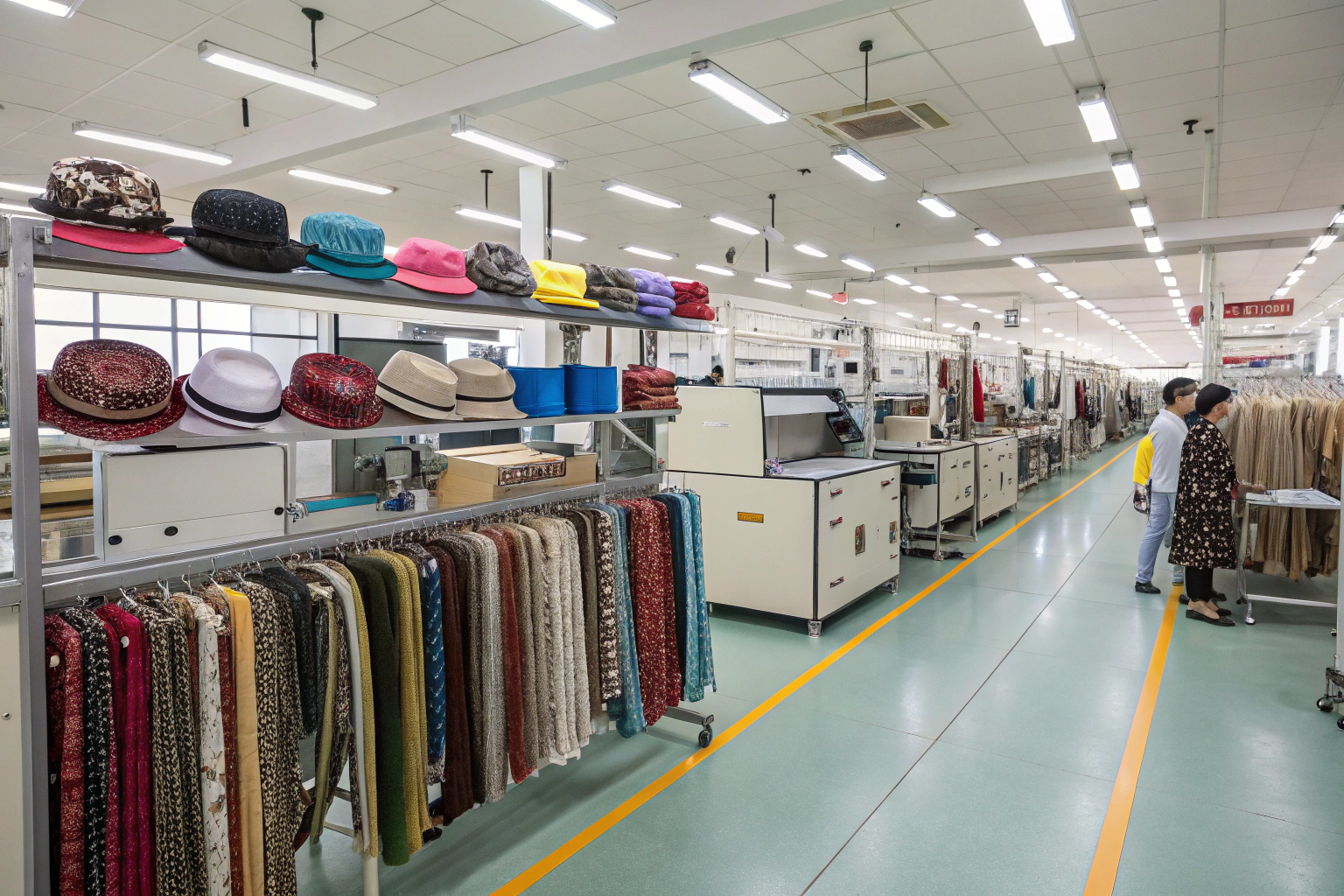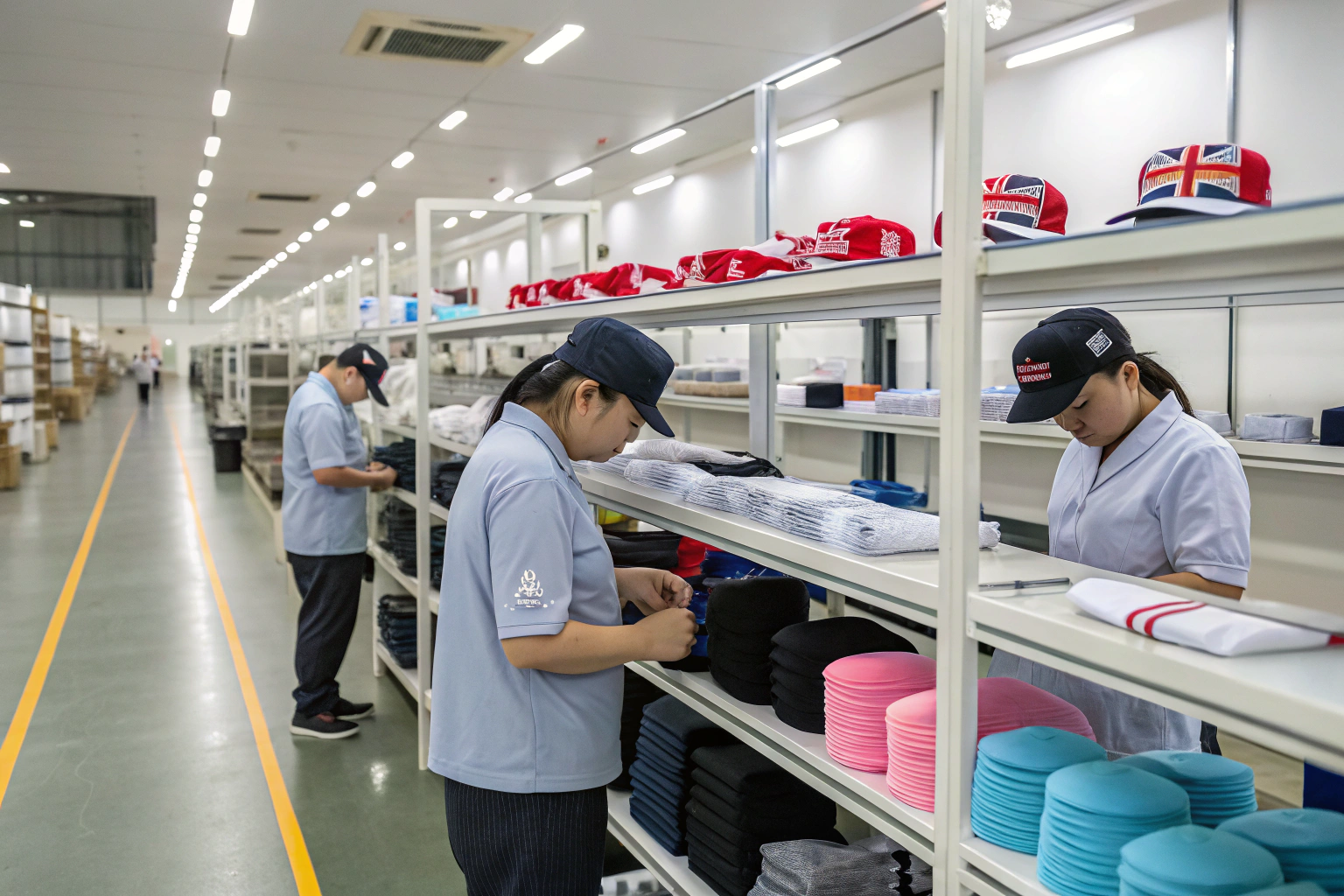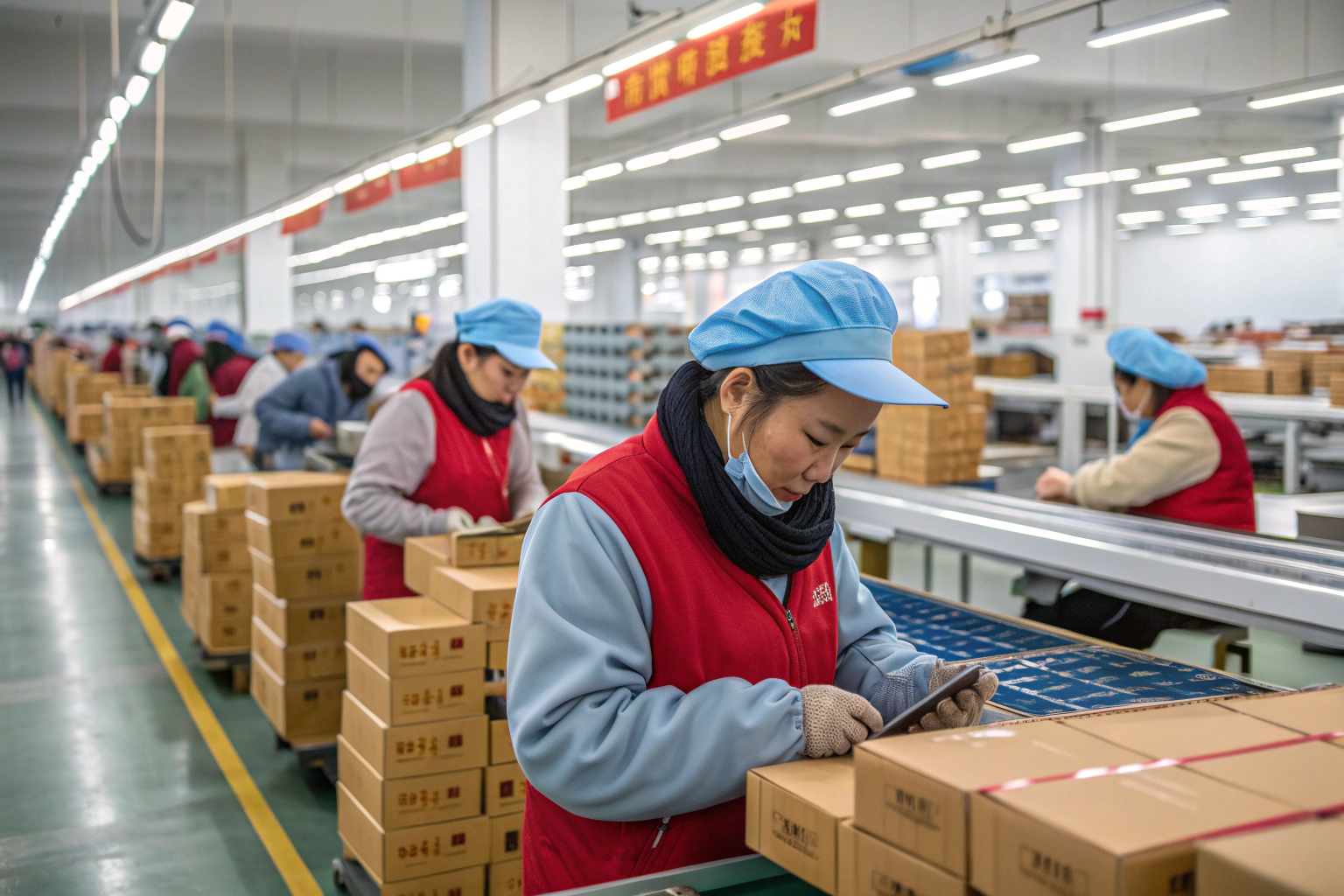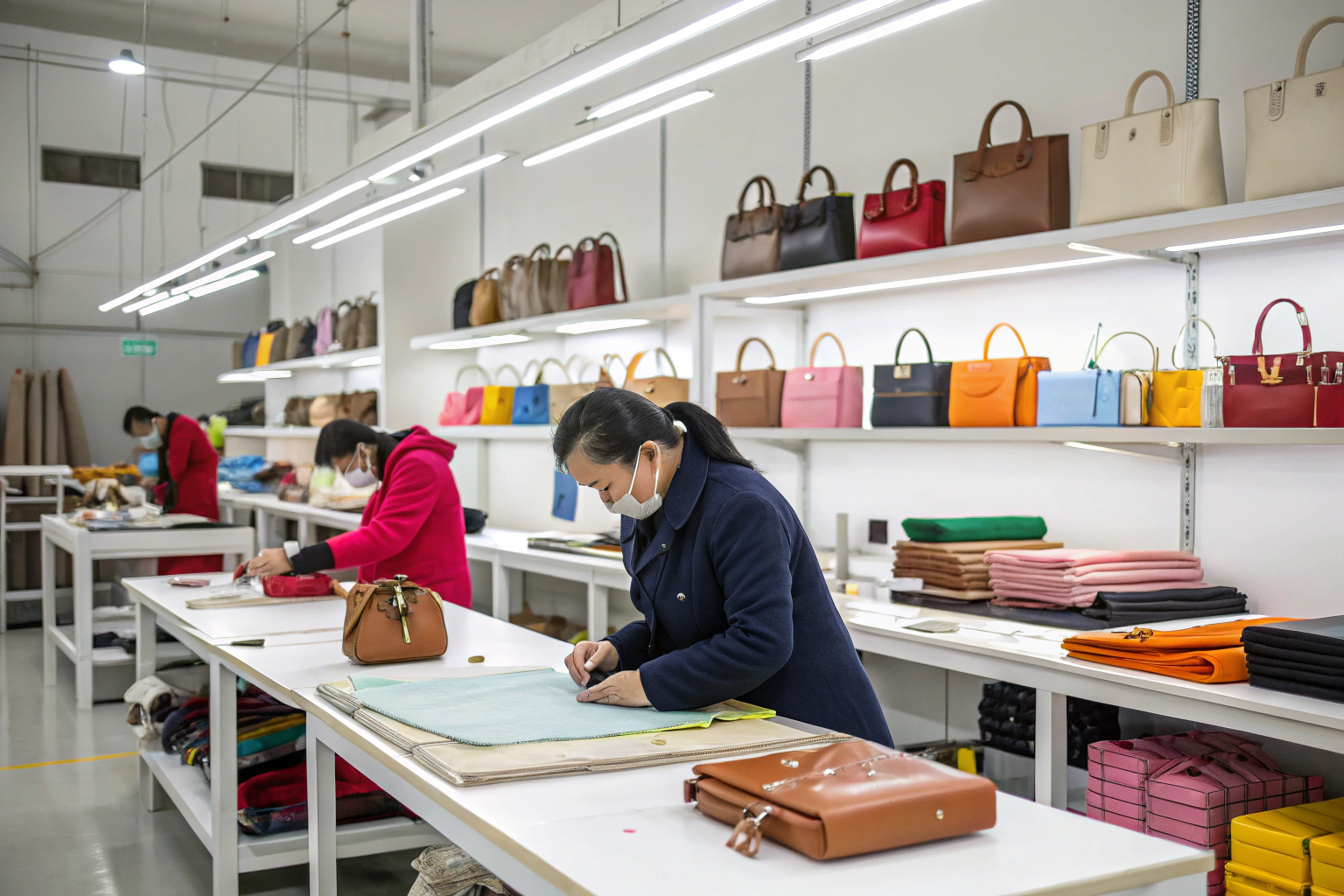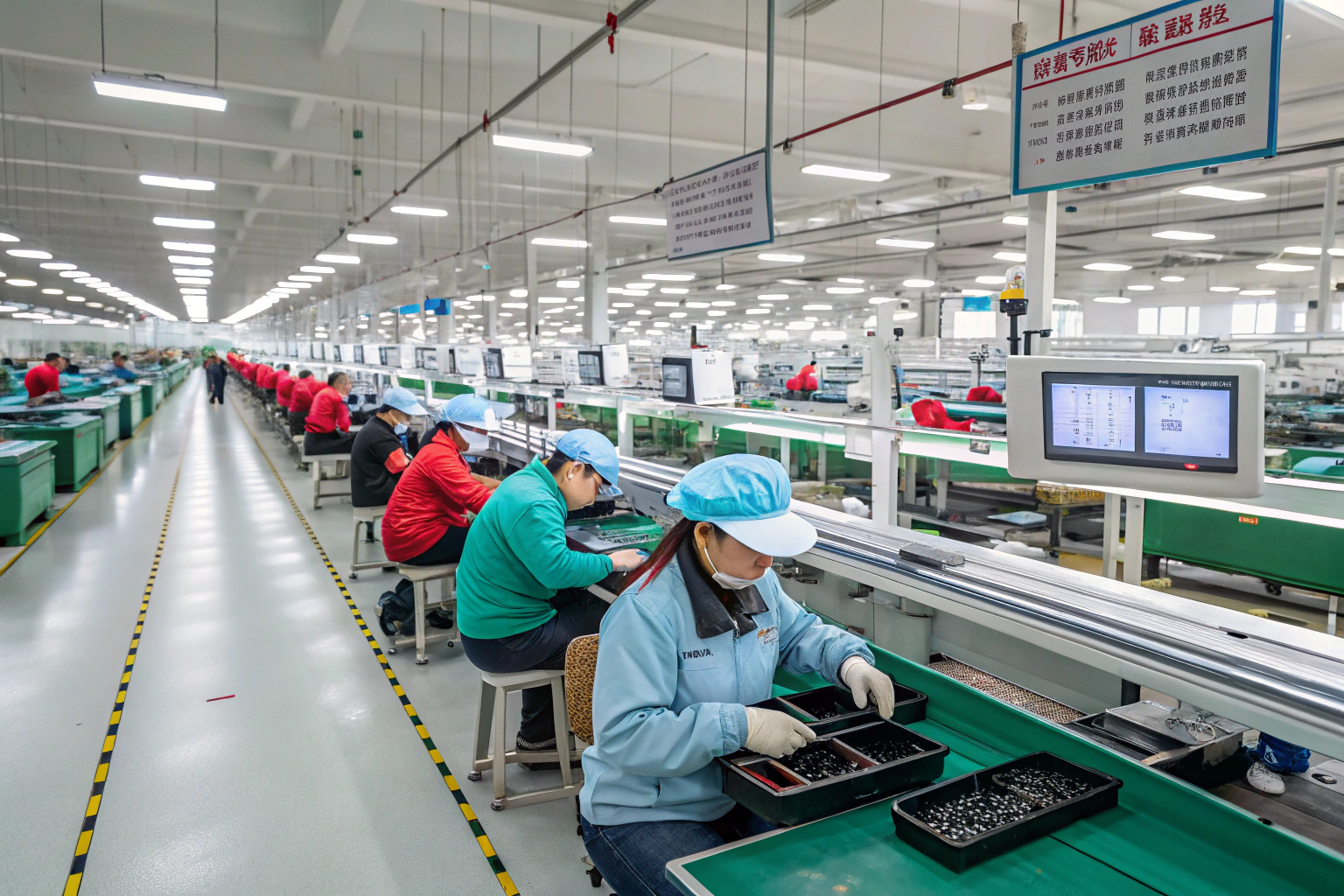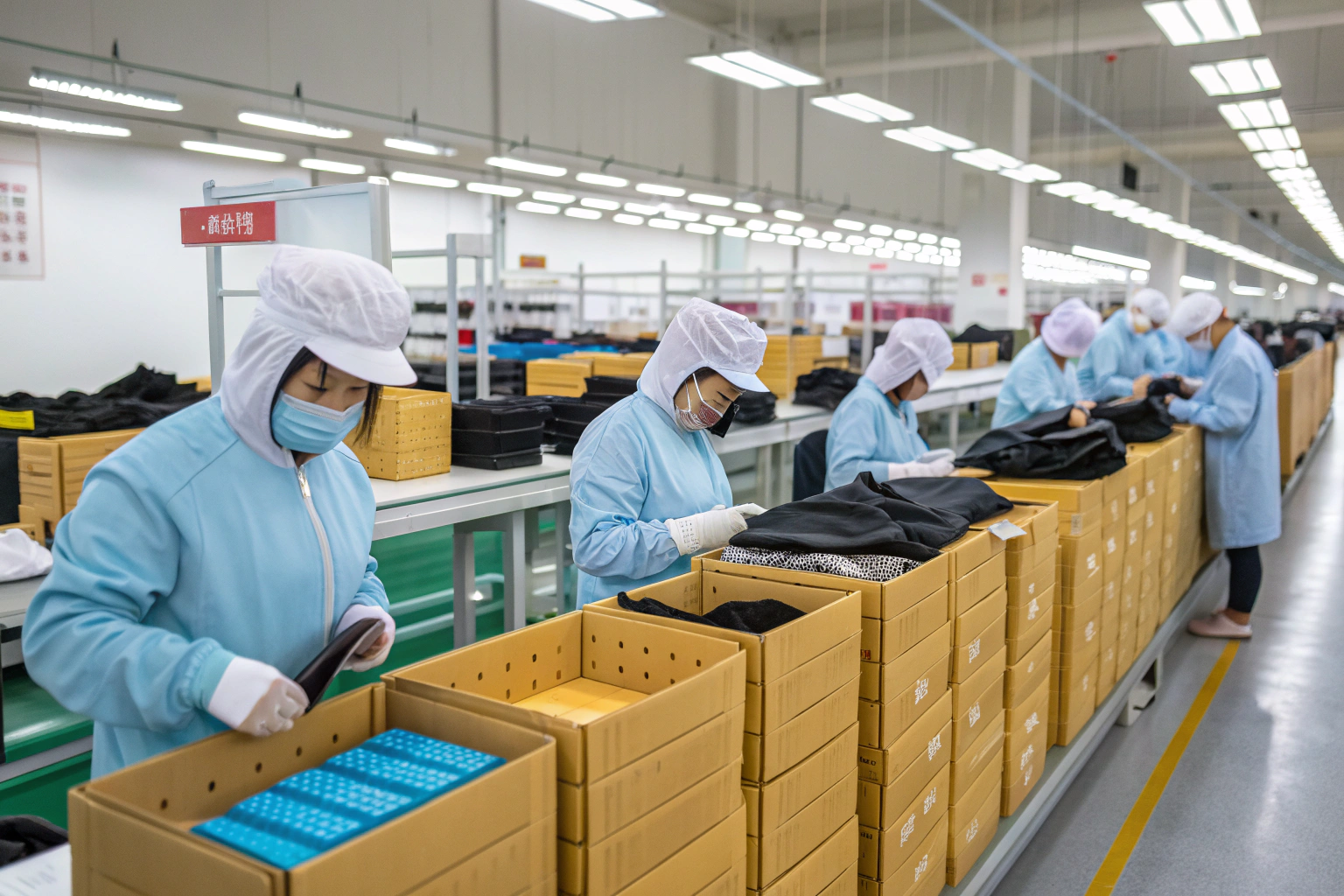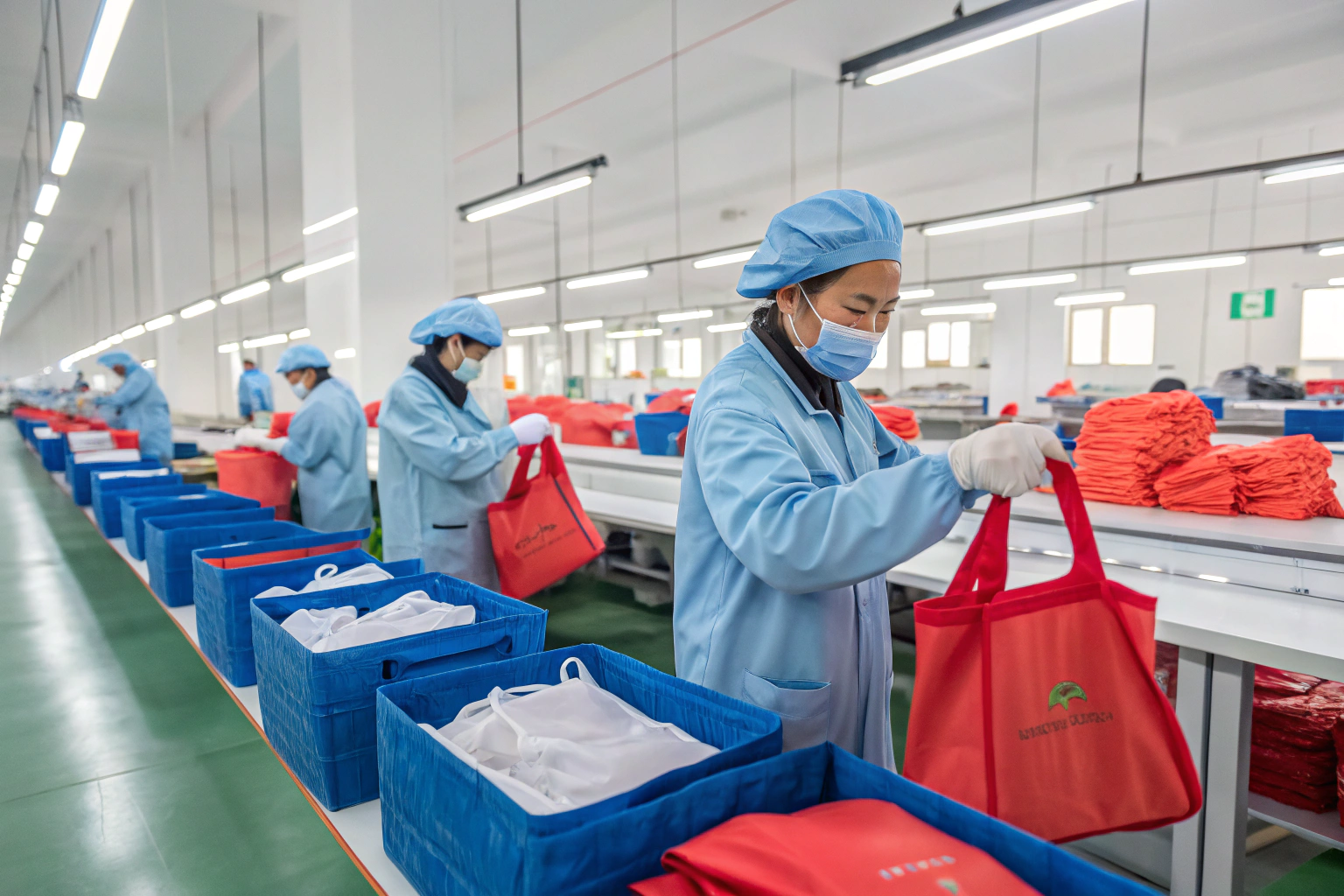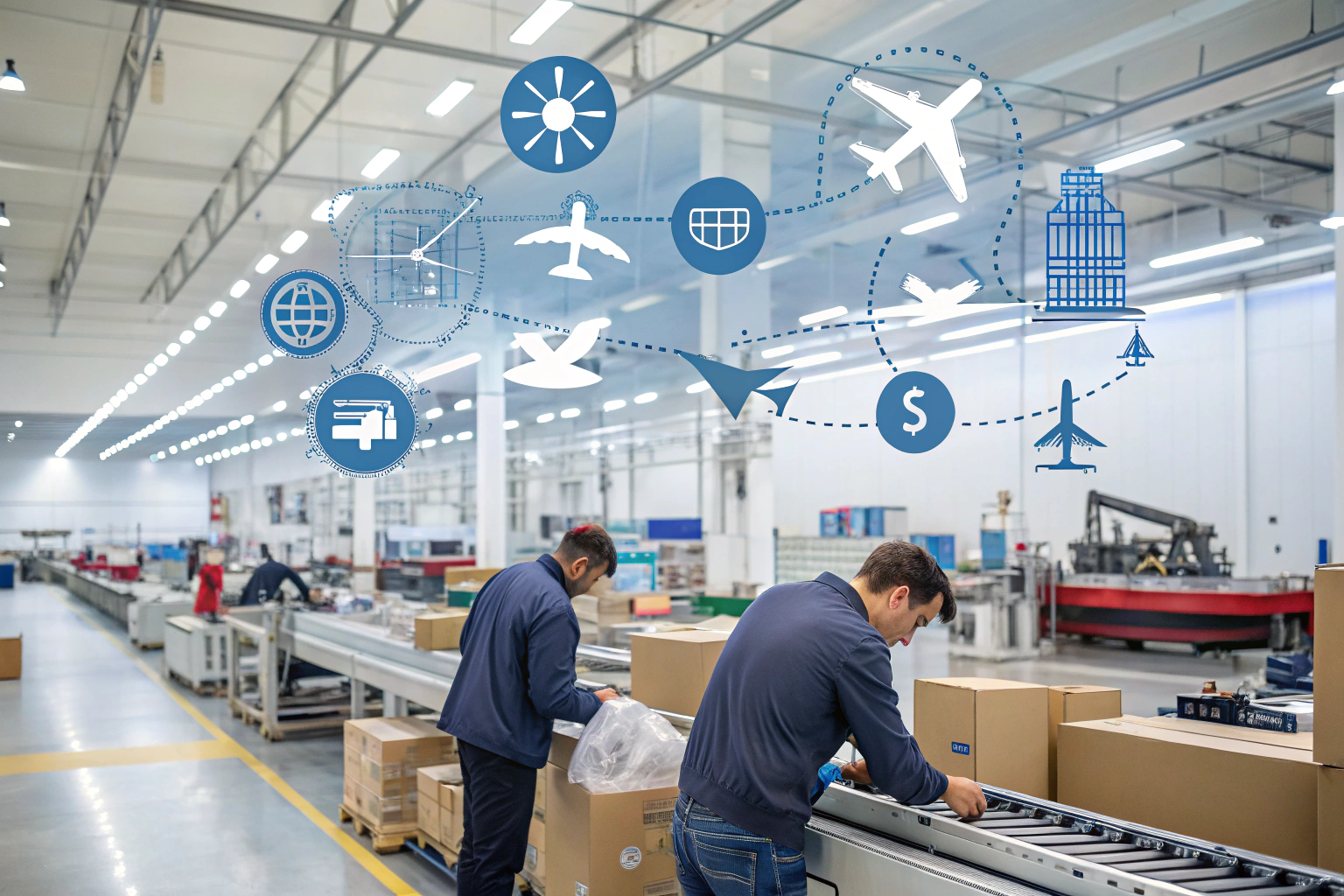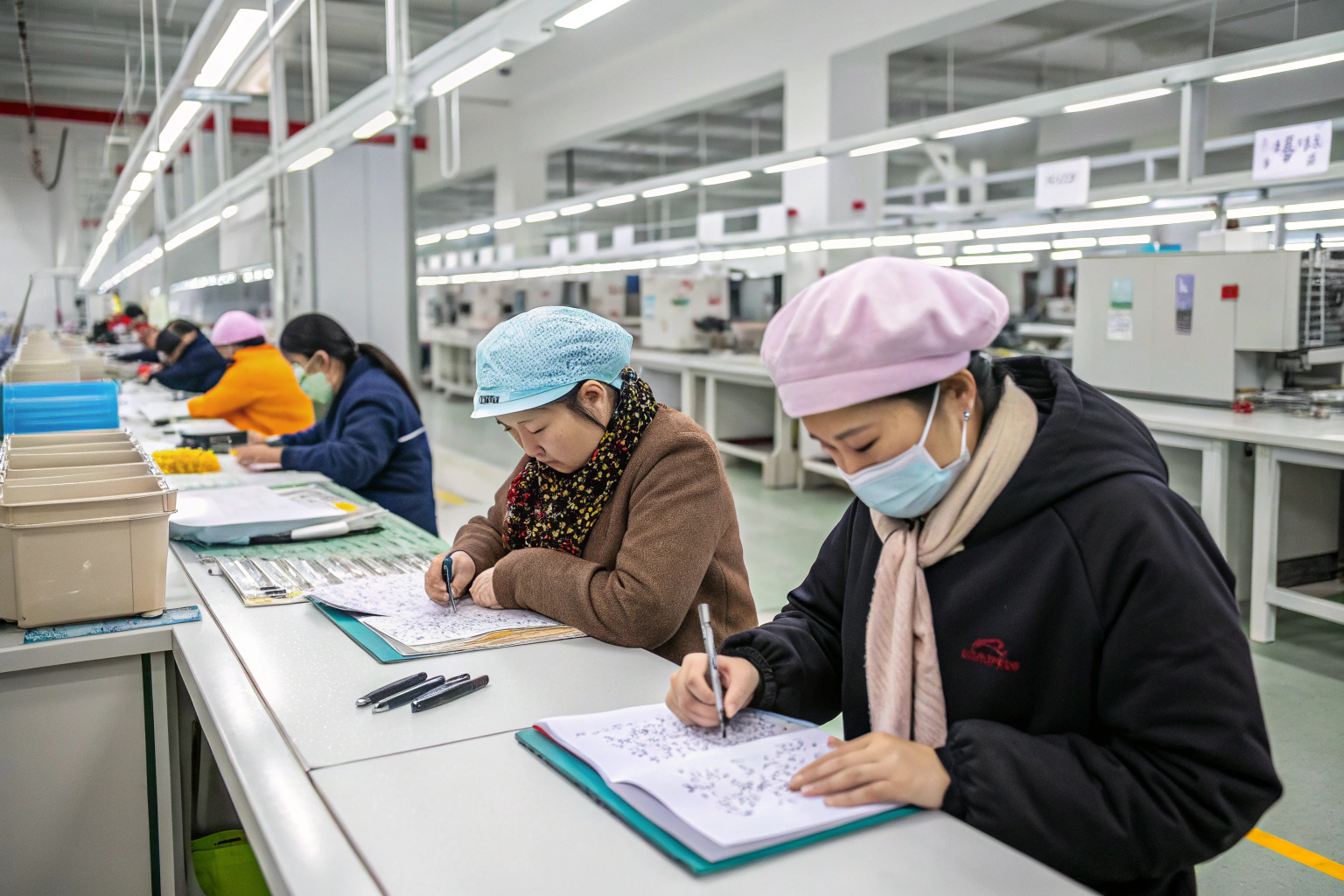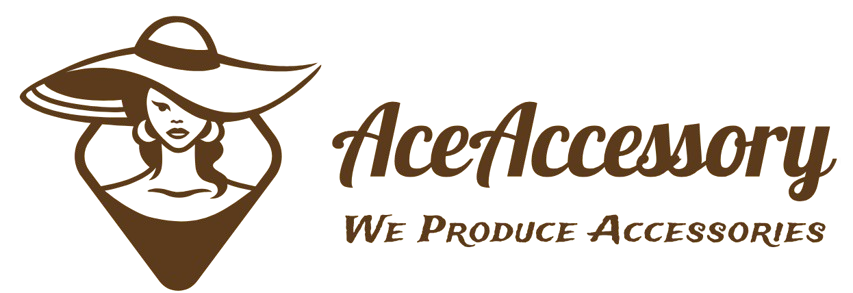In the accessories industry, counterfeiting is not just a nuisance—it’s a costly threat. Fake products can damage your brand reputation, reduce your market share, and cause serious customer trust issues. As a manufacturer and exporter based in Zhejiang, China, I have seen firsthand how the lack of anti-counterfeit measures can put even established brands at risk.
Sourcing accessories with built-in anti-counterfeit features is one of the smartest moves you can make to protect your brand and customers. These features can be as simple as tamper-evident tags or as advanced as RFID chips and blockchain traceability. The key is finding the right balance between cost, technology, and usability for your target market.
If you are looking to secure your accessory line against counterfeits, you need to understand which features work best for your product type, how to verify supplier capabilities, and how to integrate these measures without slowing down production. Let’s break it down.
What Anti-Counterfeit Technologies Are Best for Accessories?
Counterfeiting techniques are getting more advanced, but so are our defenses. Accessories can be protected with multiple layers of technology, making it nearly impossible for counterfeiters to replicate the product exactly.
The best anti-counterfeit technologies for accessories include RFID chips, NFC-enabled tags, holographic labels, and invisible UV markings. Each of these can be customized to suit different materials such as leather, fabric, or metal. Combining more than one feature greatly increases the difficulty of replication.
When choosing a technology, think about your distribution model. For example, RFID may be ideal for large-scale retail where inventory tracking is a priority, while holographic labels can work well for boutique brands selling online.
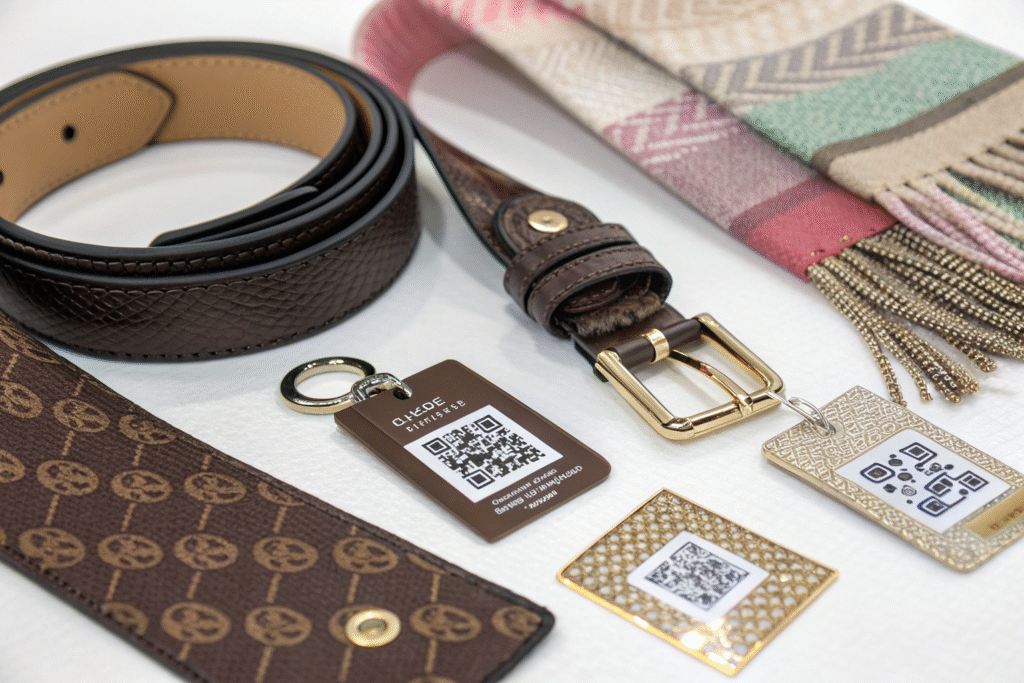
How Does RFID Protect Against Counterfeiting?
RFID technology uses tiny embedded chips to store unique product data that can be scanned and verified instantly. This makes it harder for counterfeiters to duplicate items because each RFID chip is programmed individually. Large retailers such as Walmart and Decathlon use RFID for both anti-counterfeit and inventory management purposes.
Are Holographic Labels Still Effective?
Holographic labels remain popular because they are visually distinctive and hard to reproduce without specialized equipment. Many high-end brands source holograms from certified suppliers like Avery Dennison to ensure authenticity.
How to Verify a Supplier’s Anti-Counterfeit Capabilities?
Trusting a supplier to protect your brand requires more than just taking their word for it. You need proof that they can consistently deliver anti-counterfeit solutions at scale.
To verify a supplier’s capabilities, request product samples, check their certifications, and evaluate their production equipment. Visiting the factory, whether in person or through a virtual tour, can also reveal whether they have the necessary technology and expertise.
Working with a supplier who already exports to established retailers can also be a strong indicator of their reliability.

What Certifications Should You Look For?
Look for quality and security certifications such as ISO 9001 and ISO 28000, which ensure that the supplier follows strict quality control and supply chain security protocols.
Should You Conduct a Pilot Run?
Before committing to large orders, a pilot run allows you to test both the accessory’s design and its anti-counterfeit features in real-world conditions. Many reputable suppliers, like Checkpoint Systems, recommend this step for risk reduction.
How to Integrate Anti-Counterfeit Features Without Slowing Production?
Adding anti-counterfeit features should not disrupt your supply chain or delay delivery schedules. The right partner will have systems in place to integrate these measures seamlessly.
The key to smooth integration is early planning and supplier collaboration. Design teams should work with production managers from the start to ensure features like RFID tags or QR codes are part of the initial manufacturing process, not an afterthought.
Using automated equipment for tag embedding or hologram application also reduces the risk of bottlenecks.
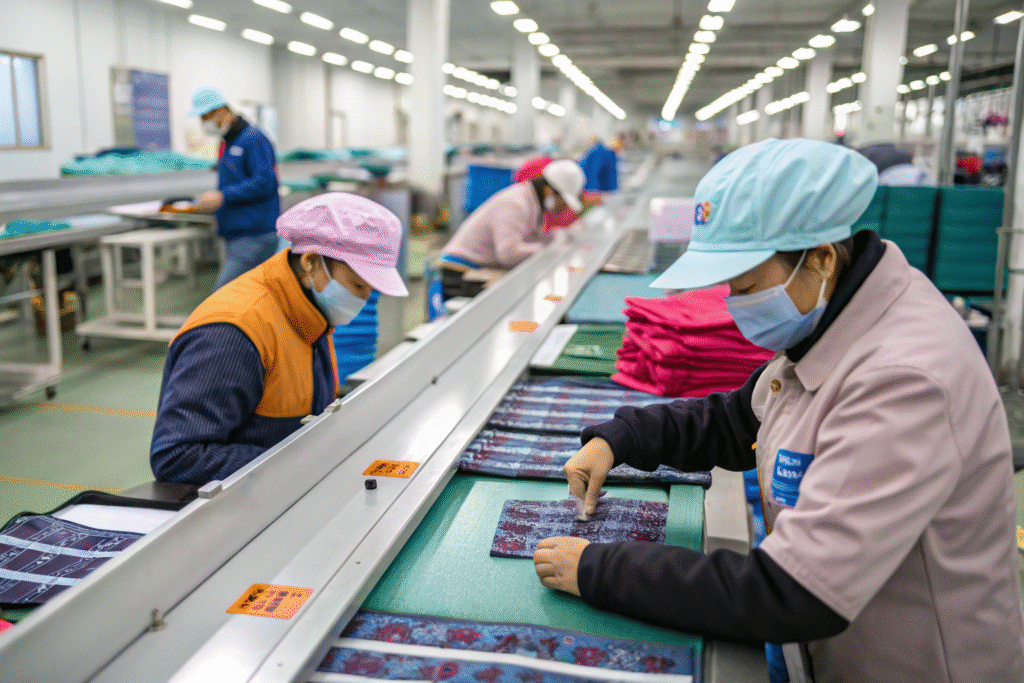
Can Automation Improve Efficiency?
Automated application of security labels and embedded chips can significantly reduce production time. Companies like SML Group provide integrated tagging systems that combine speed with accuracy.
How Important Is Pre-Production Testing?
Pre-production testing ensures that the anti-counterfeit feature does not affect the accessory’s aesthetics or comfort. This step can be as simple as 3D modeling the accessory with the tag included before mass production.
How to Balance Cost and Security in Anti-Counterfeit Measures?
While anti-counterfeit features protect your brand, they also add cost. The challenge is balancing the level of security with your budget and market expectations.
Cost can be managed by selecting features that fit your price point and using them strategically. For example, you may choose to add RFID tags only to high-value items, while using simpler holographic stickers for lower-cost products.
Negotiating with suppliers for bulk pricing and integrating features into the initial design phase also reduces costs.
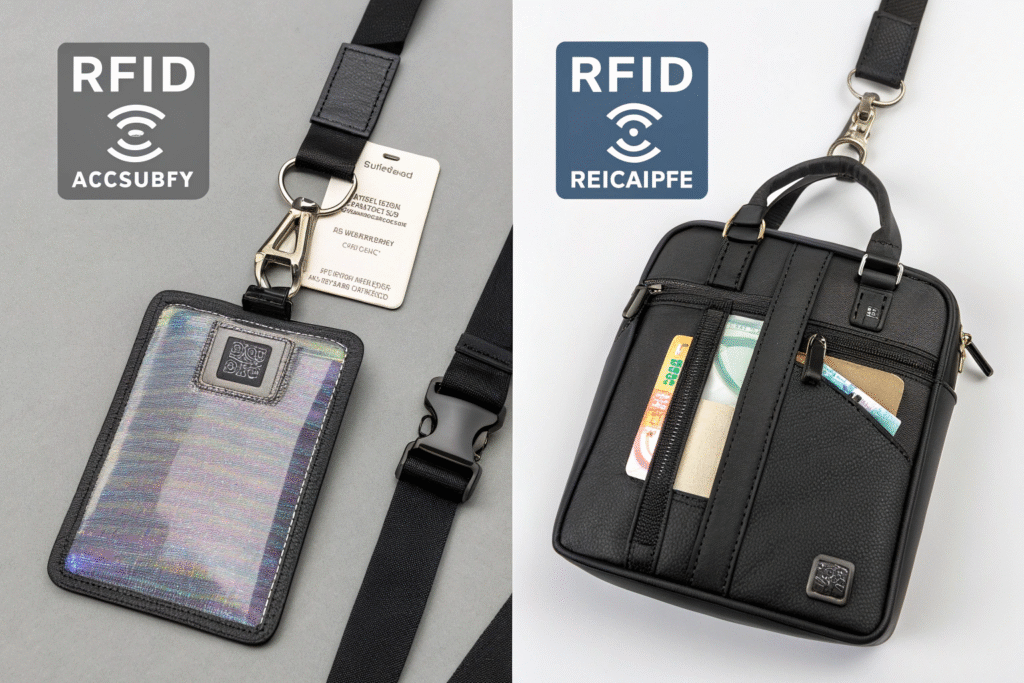
Which Products Deserve the Highest Protection?
High-margin products, limited editions, and items prone to counterfeiting should have the most advanced security measures. Many luxury brands, such as Gucci and Louis Vuitton, focus their anti-counterfeit investment on these items.
Can Bulk Orders Reduce Security Costs?
Ordering security features in large volumes can lead to significant savings. Suppliers like Impinj often provide better pricing for high-quantity RFID chip orders.
Conclusion
Sourcing accessories with anti-counterfeit features is not just about preventing fakes—it’s about protecting your brand’s future. From RFID chips to holographic labels, there are multiple ways to make replication nearly impossible. The key is to work with suppliers who have proven capabilities, integrate these features early in the production process, and strike the right balance between cost and security.
If you want to develop accessories with advanced anti-counterfeit protection, we at AceAccessory have the expertise, technology, and experience to help you. Contact our Business Director Elaine at elaine@fumaoclothing.com to discuss your project today.

